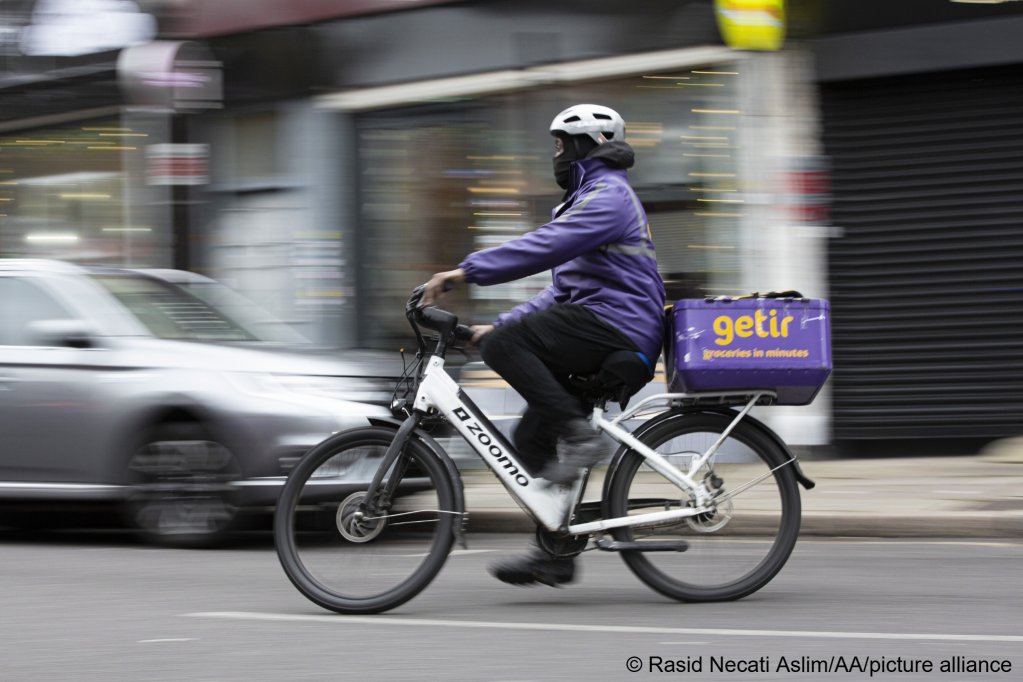The UK government says it has reached a record number of arrests involving undocumented migrant workers following a nationwide crackdown. The campaign, known as Operation Sterling, targets people working without legal papers in takeaways, delivery services, beauty salons, construction sites, and car washes. Officials say the goal is to reduce the demand for illegal migration and remove incentives used by smuggling networks.
According to the Home Office, arrests linked to unauthorized work increased by 63% over the past year. Authorities also carried out more workplace raids than ever before, with more than 11,000 inspections taking place from October 2024 to September 2025. The government says this operation is part of a wider effort to restore order to the immigration system.
Home Secretary Shabana Mahmood said the government wants to stop “illegal working” from being used as a reason for people to attempt dangerous journeys across the Channel. She stated that those found working without documents will be arrested, detained, and removed from the UK. London recorded the highest number of arrests, with around 25% of all cases happening in the capital.
Media reports show similar actions in Wales, where the BBC reported over 590 arrests, including groups of workers found in construction and hospitality. Earlier raids also targeted nail bars and what are known as “dark kitchens,” where undocumented workers often work out of sight. Many of those arrested either crossed the Channel without permission or stayed after their visas expired.
Why is the UK focusing on undocumented work?
The government says undocumented work encourages irregular migration and allows smuggling gangs to profit. By removing these jobs, officials believe fewer people will attempt to enter the UK illegally. Critics, however, warn that the crackdown can push migrant workers into even more unsafe or hidden work conditions.
The UK is also increasing the tools available to immigration enforcement officers. More than 1,200 officers will receive body cameras, and new fingerprint kits will help check identities during raids. The government has also introduced new rules under the Border Security, Asylum and Immigration Bill, expanding employer responsibilities to confirm workers’ legal status, especially in gig economy and zero-hour contract jobs.
A separate debate has opened about whether the UK should introduce a digital ID system, which some MPs say could reduce illegal employment and improve tax collection. Supporters argue that it would make it easier for employers to check work rights, while critics worry about privacy and data monitoring.
This rise in arrests shows how strongly the UK is now targeting undocumented employment. The impact on migrant workers, employers, and everyday industries will likely continue to be felt in the months ahead.

